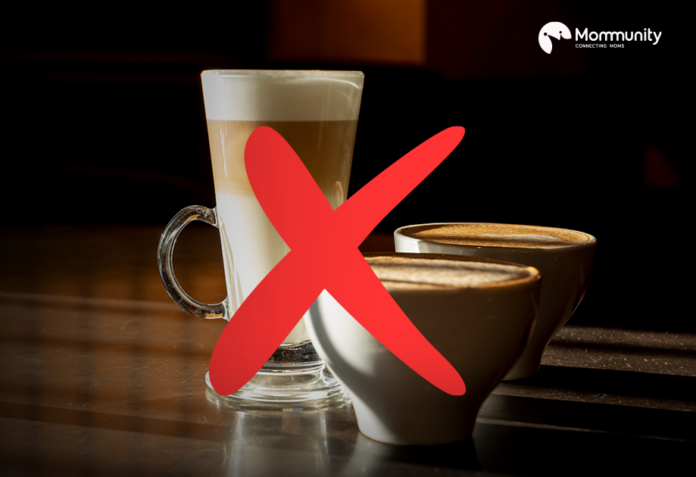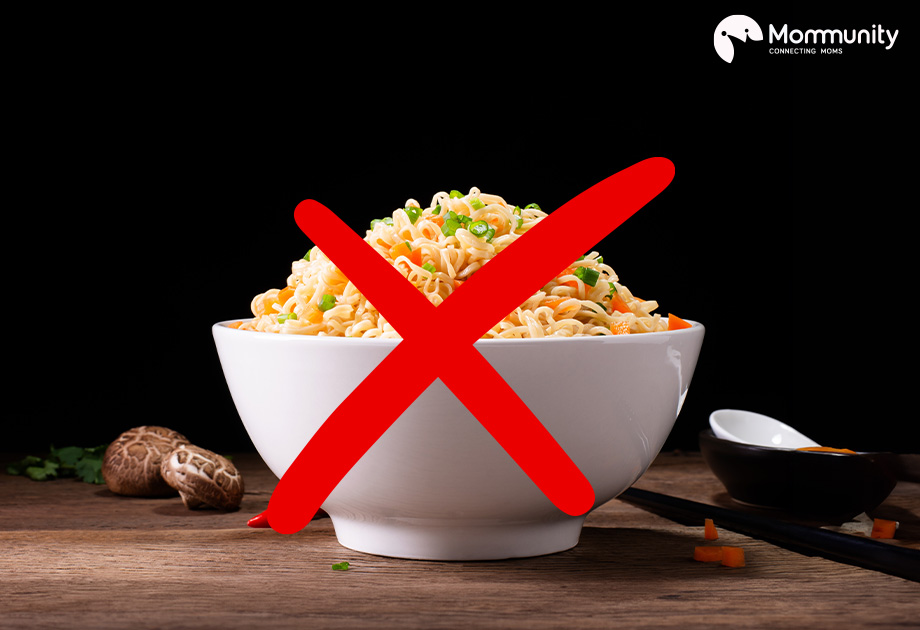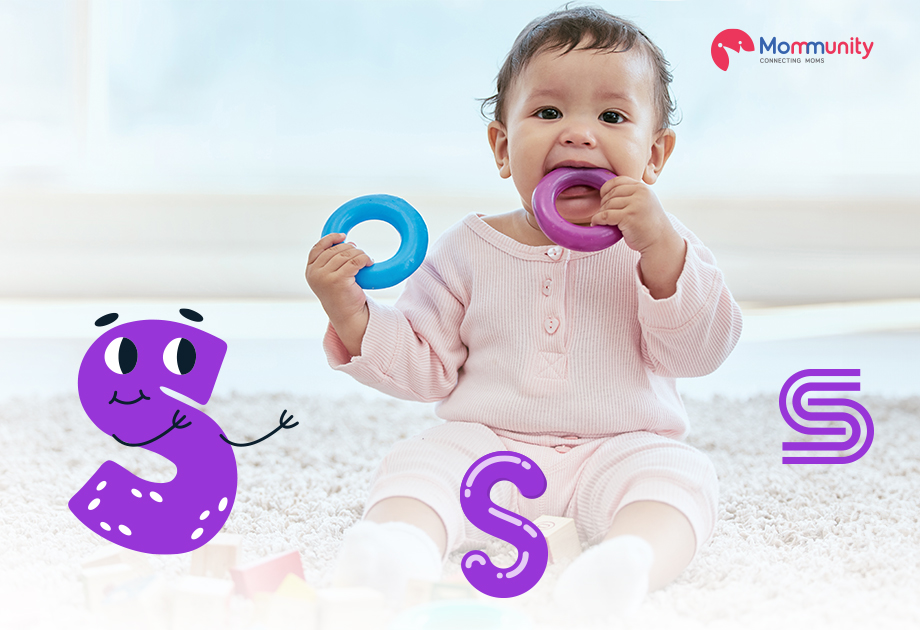Is your baby’s bottle filled with health or hidden harm? When it comes to caring for your baby, every decision matters—from the clothes they wear to the drinks they consume. While we all strive to provide the best for our little ones, not all beverages are created equal, some are toxic drinks too.
Some drinks, though seemingly harmless, can pose significant health risks to both you and your baby. This blog dives into six toxic drinks that should be off-limits for the well-being of your family.
1. Sugary Soft Drinks

Soft drinks, with their high sugar content and artificial additives, are harmful to adults and can be even more dangerous for babies. These drinks are loaded with empty calories that offer no nutritional value but contribute to weight gain, tooth decay, and even the risk of developing Type 2 diabetes later in life.
For babies, the high sugar levels can be overwhelming, leading to hyperactivity, poor nutrition, and an increased risk of obesity.
Why Avoid Them?
- Sugar Content
A single can of soda can contain up to 39 grams of sugar, far exceeding the daily recommended amount for both adults and children.
- Artificial Additives
These beverages often contain artificial colors and flavors, which can have adverse effects on developing systems.
- Impact on Teeth
The acidity and sugar can lead to tooth decay, a significant concern for young children whose teeth are still developing.
2. Caffeinated Beverages
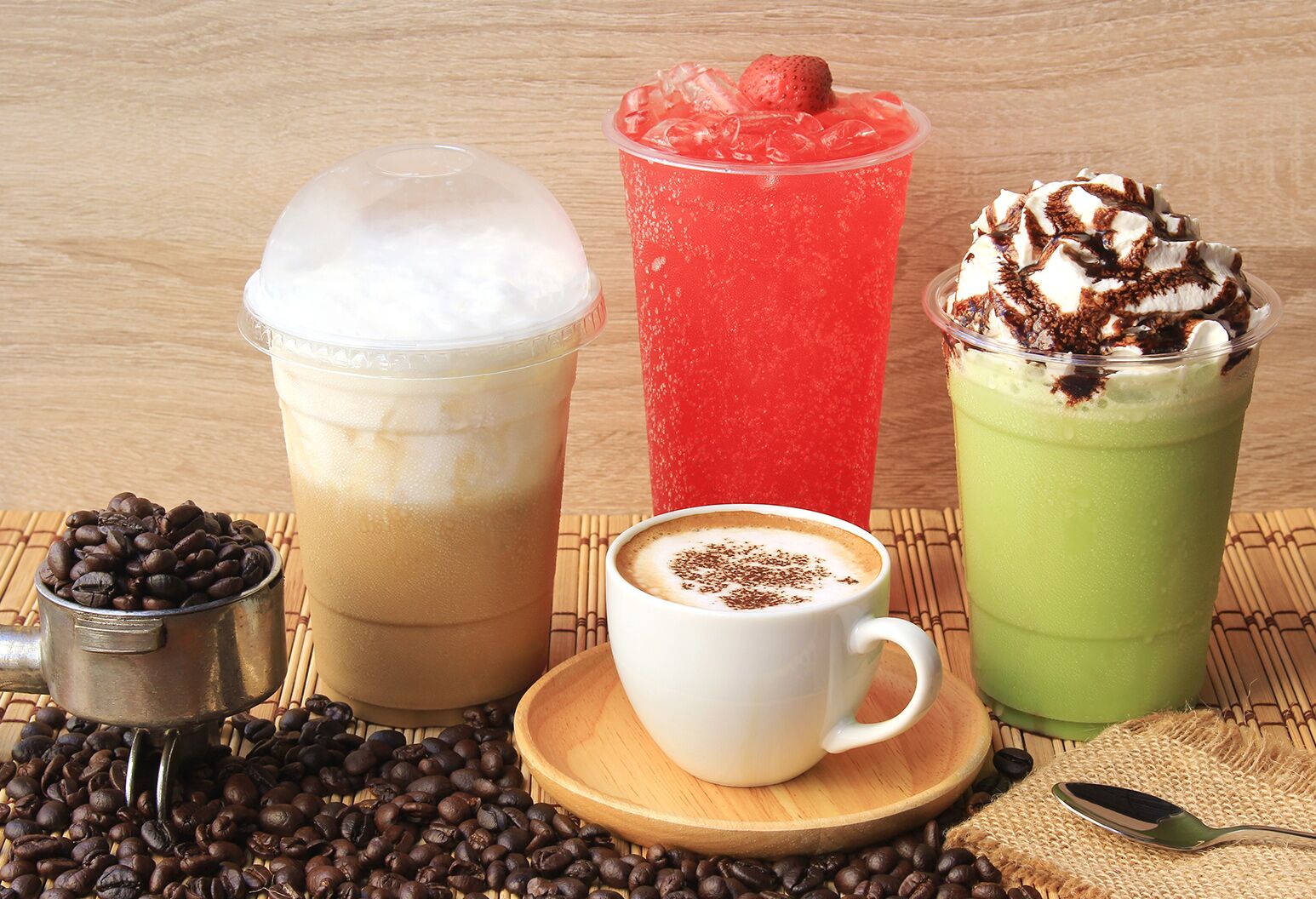
Caffeine is a stimulant that adults often rely on to get through the day, but it’s far from harmless—especially for babies. Even small amounts of caffeine can lead to irritability, sleep disturbances, and digestive issues in babies.
Pregnant and breastfeeding mothers should also limit their caffeine intake, as it can pass through the placenta or breast milk, affecting the baby’s sleep and overall development.
Why Avoid Them?
- Stimulation Overload
Babies’ nervous systems are still developing, making them extremely sensitive to caffeine.
- Sleep Disruption
Caffeine can interfere with sleep patterns, crucial for both babies and their caregivers.
- Dehydration
Caffeinated drinks can act as diuretics, leading to dehydration—an essential concern for growing bodies.
3. Flavored Milk and Milkshakes
:max_bytes(150000):strip_icc()/GettyImages-520408549-200bf773660f445c944053358cd90858.jpg)
While milk is generally a healthy choice, flavored milk, and milkshakes are often loaded with added sugars, artificial flavors, and even preservatives. These ingredients can turn a nutritious drink into a sugary treat that contributes to poor dietary habits.
For babies, the extra sugar can cause spikes in blood sugar levels, leading to mood swings and energy crashes.
Why Avoid Them?
- High Sugar Content
Flavored milk can contain as much sugar as some soft drinks, making it a poor choice for young children.
- Artificial Ingredients
The addition of artificial flavors and colors can be harmful to developing systems.
- Nutrient Dilution
The added sugar and flavors dilute the essential nutrients found in plain milk, like calcium and vitamin D.
4. Fruit Juices
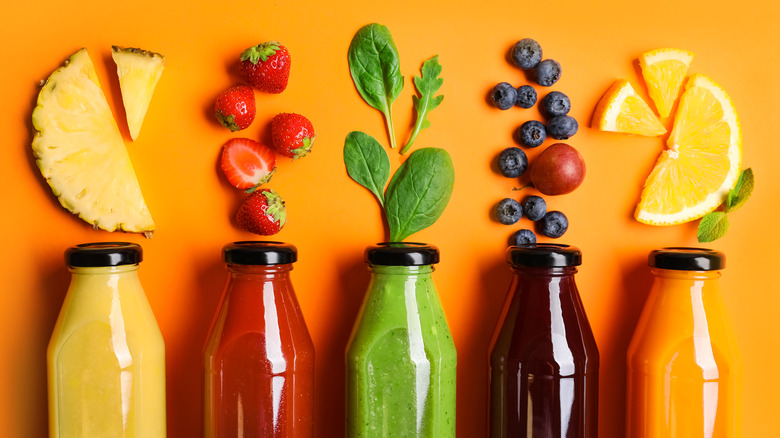
Fruit juice might seem like a healthy option, but many commercial juices are packed with added sugars and lack the fiber found in whole fruits. Even 100% fruit juice, while more natural, is still high in natural sugars, which can be harmful in large quantities.
For babies, fruit juice can contribute to weight gain and dental issues, and it lacks the nutritional balance needed for proper growth.
Why Avoid Them?
- Sugar Spike
Even natural sugars can lead to spikes in blood sugar levels, which are particularly harmful to babies.
- Lack of Fiber
Whole fruits contain fiber that helps regulate sugar absorption, something that is lost in the juicing process.
- Dental Health
The high sugar content and acidity can lead to early tooth decay.
5. Energy Drinks

Energy drinks are perhaps the most dangerous option on this list, with their high caffeine content and mix of other stimulants. These drinks are marketed to boost energy and performance, but they can be incredibly harmful to both adults and children.
For babies, even a small sip can lead to severe health issues, including heart palpitations, high blood pressure, and developmental problems.
Why Avoid Them?
- High Caffeine Content
The caffeine levels in energy drinks are far beyond what is safe for children and can lead to serious health issues.
- Other Stimulants
Ingredients like taurine and guarana add to the stimulant effect, making these drinks a poor choice for anyone, especially babies.
- Long-Term Impact
Regular consumption can lead to lasting damage to the heart and nervous system, particularly in young, developing bodies.
6. Herbal Teas
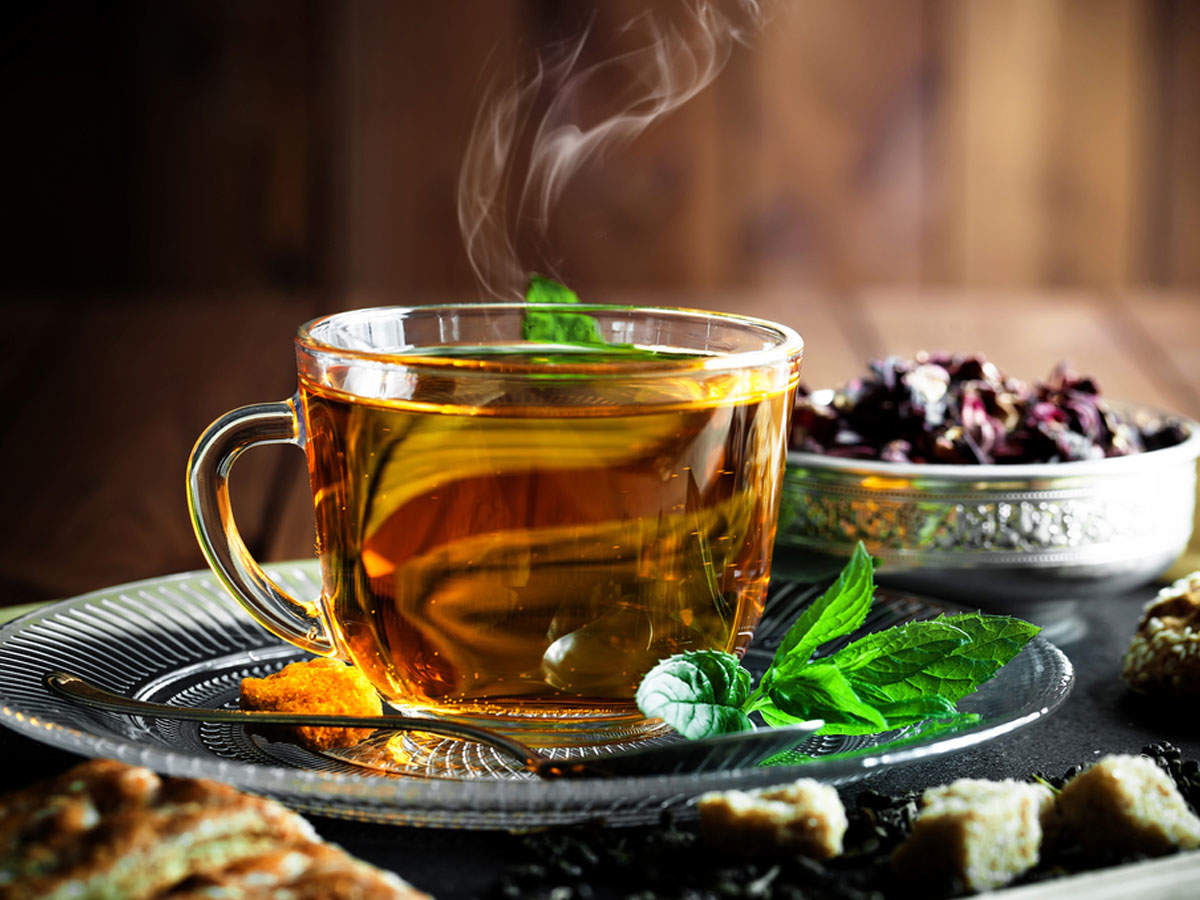
While herbal teas are often perceived as natural and healthy, they can be harmful to babies. Some herbs, even in small amounts, can have strong effects on a baby’s developing system. Certain herbal teas contain compounds that can cause allergic reactions, interfere with medications, or have unanticipated side effects.
Why Avoid Them?
- Potential Allergens
Some herbs used in teas can trigger allergic reactions in babies, leading to symptoms like rashes, breathing difficulties, or digestive issues.
- Unknown Interactions
Herbal teas can interact with medications or other treatments, which might be risky for infants.
- Lack of Regulation
Unlike conventional medications, herbal products are not strictly regulated, so their safety and dosage are not always clear, posing potential risks for babies.
In the end, your baby’s health is paramount, and what they drink plays a significant role in their overall well-being. By avoiding these six toxic drinks, you can help make sure that your child’s development is on the right track. Instead of reaching for sugary or caffeinated beverages, opt for water, milk, or specially formulated baby drinks that offer the hydration and nutrients your baby needs.
Remember, the choices you make today can shape your baby’s health for years to come. Always consult with your pediatrician if you’re unsure about introducing new drinks into your baby’s diet.

